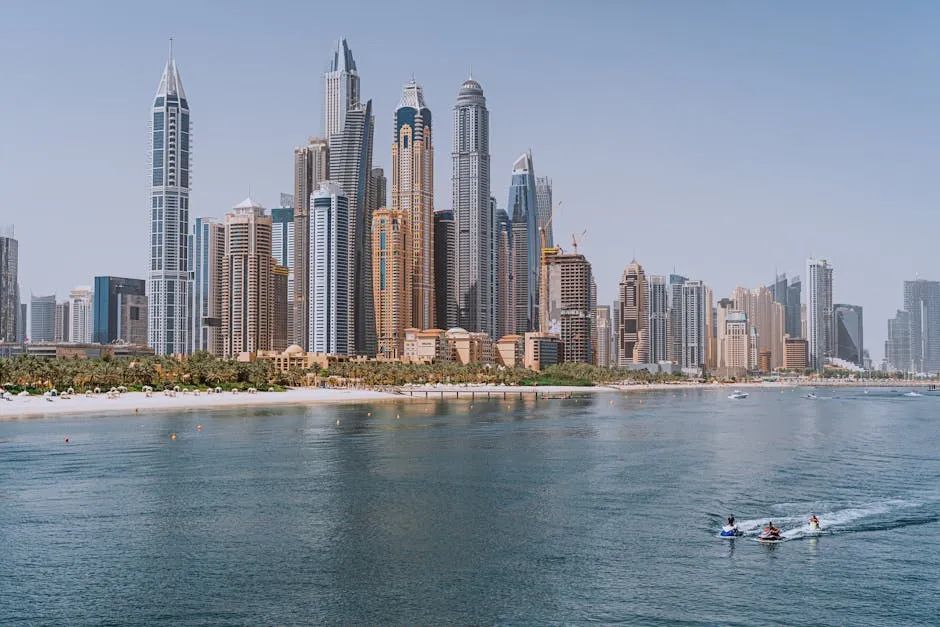Since 2023, significant progress has been made in the regulation of digital assets. The introduction of the Markets in Crypto-Assets (MiCA) regulation and the implementation of DLT pilot schemes in the EU mark an important milestone. In the UK, regulatory authorities have proposed comprehensive guidance to oversee various aspects, including fiat-backed stablecoins, issuers, custodians, and systems using stablecoins for payments.
The United Arab Emirates and the Hong Kong region have introduced innovative virtual asset licensing regimes, aiming to attract a new wave of regulated market participants. It is worth noting that Hong Kong and Singapore have strengthened their regulatory frameworks, emphasizing the enhancement of customer and investor protection. These jurisdictions have also clarified guidelines regarding tokenized securities and digital currencies, highlighting their commitment to fostering a secure and transparent digital asset landscape.
Recently, the Dubai Token2049 was launched, drawing industry attention once again to the Middle Eastern crypto city. It is evident that the United Arab Emirates (UAE), as one of the most crypto-friendly countries globally, has carved out a unique path in embracing cryptocurrencies and blockchain technology.

Cryptocurrency Regulations in the UAE
Situated on the Arabian Gulf, the UAE has long been a center of innovation and prosperity. In addition to its iconic skyline, the country has set its sights on the future of finance. Unlike some countries that have taken a cautious approach or struggled to address cryptocurrency regulations, the UAE's cryptocurrency regulations welcome these digital assets with open arms.
In recent years, the UAE has continuously advanced initiatives, demonstrating its intention to lead the adoption of blockchain technology and digital currencies. These initiatives cover a range of areas, from government adoption of cryptocurrencies to ambitious projects aimed at propelling the country into the blockchain era.
A key factor in the UAE's crypto-friendly environment is the active role played by government agencies and regulatory bodies. Among the most important is the Dubai Financial Services Authority (DFSA). The DFSA, as the regulatory authority of the Dubai International Financial Centre (DIFC), has been at the forefront of this cryptocurrency revolution. Notably, in September 2021, the DFSA introduced regulatory guidance related to investment tokens, marking a significant step towards creating a favorable framework for recognized crypto tokens.
With the comprehensive regulatory overhaul that came into effect on November 1, 2022 (especially concerning recognized crypto tokens), the DFSA is committed to providing transparency and structure for the crypto industry, further manifesting this commitment. This robust framework outlines the categories of crypto tokens and the expected conduct of companies dealing with these tokens.
On the other hand, key regulatory bodies in the UAE, such as the DFSA and the Securities and Commodities Authority (SCA), have played crucial roles in formulating cryptocurrency regulations. They have provided clear guidance for businesses and investors, fostering a supportive environment for crypto-related activities. The UAE's ability to balance innovation with compliance sets it apart. While driving blockchain and cryptocurrency innovation, it has also implemented stringent anti-money laundering (AML) and countering the financing of terrorism (CFT) measures, aligning with international standards.

Dubai Crypto Center
TOKEN2049 Dubai took place from April 18 to April 19 in Dubai. Dubai has positioned itself as a global hub for crypto innovation, and this event aimed to bring together the global Web3 industry, providing a platform for interaction and exchange among entrepreneurs, investors, developers, industry professionals, and global media, including gatherings, workshops, hackathons, dinners, and parties.

It is evident that the United Arab Emirates (UAE), with Dubai at its center, has emerged on the global stage in terms of cryptocurrency regulations and initiatives. Its progressive approach to regulating cryptocurrencies and adopting blockchain technology has positioned it as a leader in the crypto space. The Virtual Asset Regulatory Authority (VARA) was established in March 2022, with the mission to oversee and nurture Dubai's Web3 ecosystem. Less than a year later, in February 2023, VARA announced comprehensive regulatory guidelines tailored for Virtual Asset Service Providers (VASPs). These guidelines include four mandatory rulebooks, seven specific activity rulebooks describing VASP operations, and a virtual asset issuance rulebook.
Matthew White, the CEO of the Dubai Virtual Asset Regulatory Authority (VARA), stated at a previous Paris Blockchain Week that the agency is currently considering many things to try to make the regime and regulation fit for everyone. One of them is finding a way to handle compliance costs for small (crypto) entities. Currently, the agency observes that there are not many resources available to accept regulated companies, and the new regulatory schemes involve larger market participants hosting smaller ones.
White emphasized the role of regulatory certainty in attracting investment and promoting organizational development and scalability. He pointed out that while regulatory frameworks may pose challenges, they ultimately contribute to the maturity of the industry and facilitate long-term planning for businesses.

免责声明:本文章仅代表作者个人观点,不代表本平台的立场和观点。本文章仅供信息分享,不构成对任何人的任何投资建议。用户与作者之间的任何争议,与本平台无关。如网页中刊载的文章或图片涉及侵权,请提供相关的权利证明和身份证明发送邮件到support@aicoin.com,本平台相关工作人员将会进行核查。



